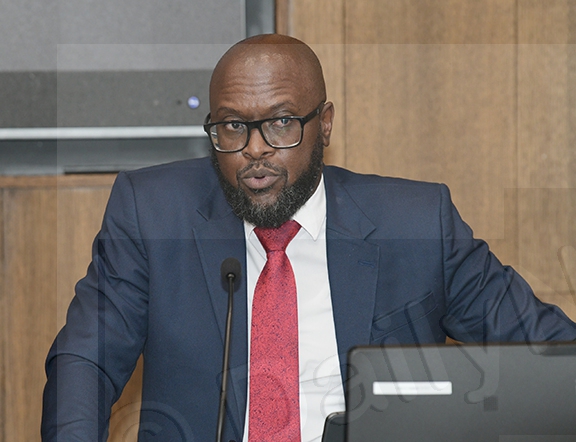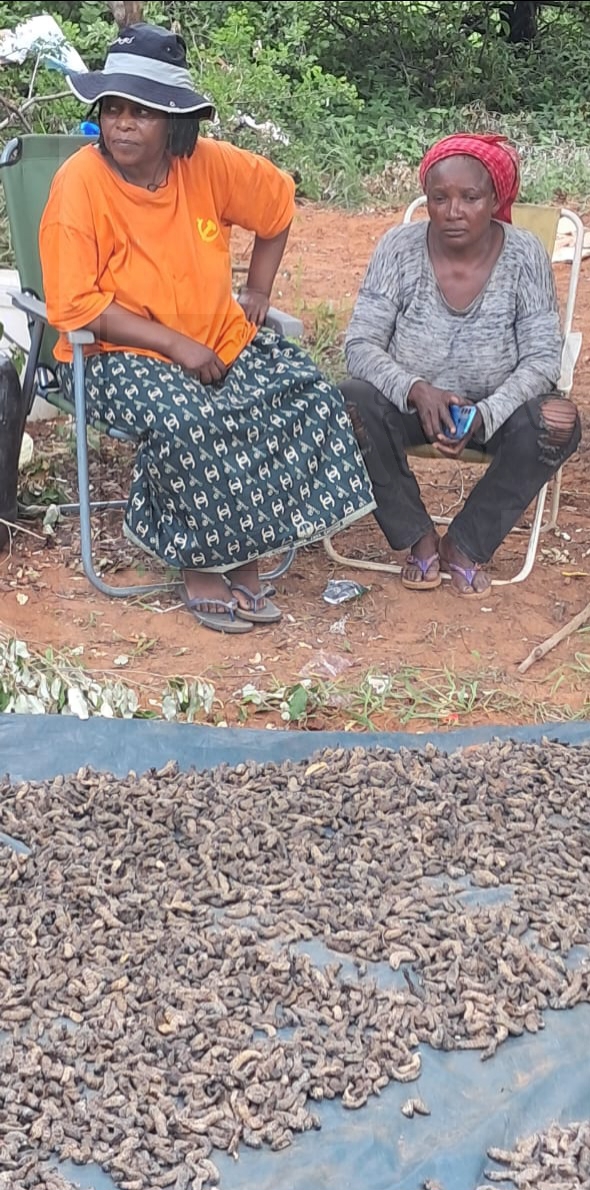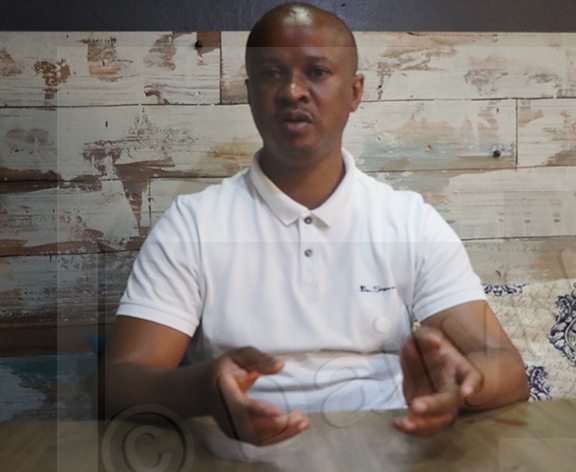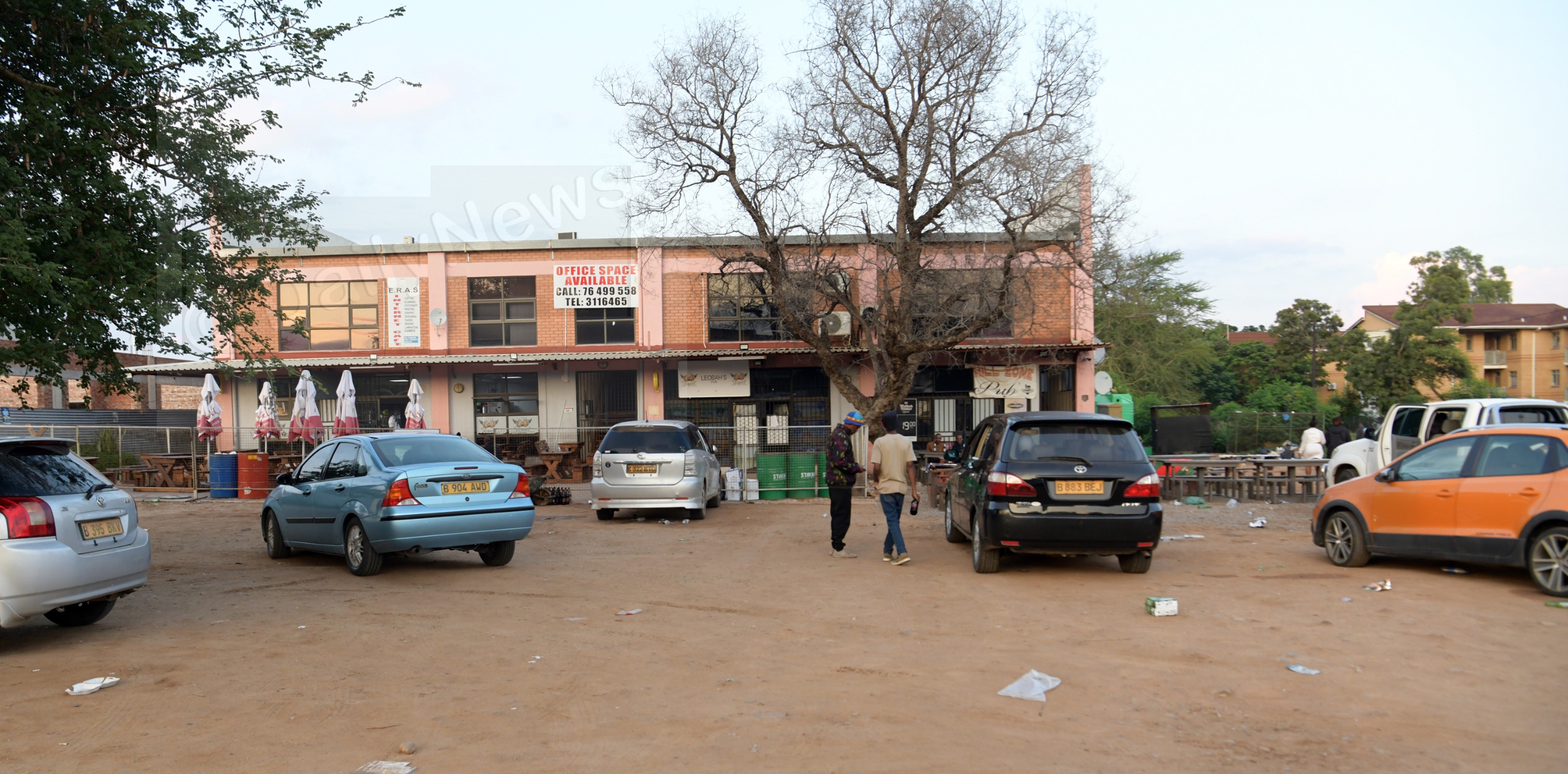Lesotho delegation hails housing programme
10 Mar 2024
Botswana’s Poverty Alleviation and Housing Programme (PAHP) for low income households is a model worth emulating.
This was said by Lesotho’s housing acting director, Ms Mamonaheng Qhaso during a benchmarking tour of low incoming housing project at Mabutsane on Thursday.
Ms Qhaso said the low income housing programme had the potential to bridge the accommodation gap between high income earners and poor communities.
She said they were grateful for the opportunity to share notes with their Batswana counterpart, which they were optimistic that it could benefit the people of Lesotho.
“Government does not build houses for people, so as Basotho we take pride in building our own houses. High income earners build houses through the private sector while majority of our poor people have no one to look at,” she said.
In addition, she said they appreciated the level of women empowerment in the Mabutsane housing project, which promoted home ownership while at the same time promoting skills transfer to beneficiaries.
“Women are the backbone of any society and training a woman has a huge impact on the families and society in general,” she noted.
Acting principal housing officer for Mabutsane District Council, Mr Balekanye Peelelo said even though the project was initially intended for brick moulding, they had since incorporated other aspects such as training in welding and fabrication, tiling, construction as well as supply of cement.
Mr Peelelo said the main objective was to promote home ownership as well as equip the beneficiaries with other skills to ensure sustainability of the project.
He said the project, which was funded with P2.5 million in 2014, currently had 23 employees and had constructed 30 houses, six of which had been completed while the rest were at various stages of construction.
He further noted that three beneficiaries had been trained and certified on bricklaying and plastering, seven on welding and fabrication while others had benefitted from the in-house tiling techniques training.
“Our beneficiaries get the bricks from the project for free, and use their wages from the same project to purchase the remaining material to complete their houses,” he said.
In addition to the partnership with PPC for the skills transfer and supply of cement, he said the long term goal was to transform the project into a cooperative to widen its mandate.
For his part, Mabutsane District Commissioner, Mr Dick Kalantle underscored the need to establish a revolving fund for the project to be self-sufficient.
In order to achieve that, he said diversification and stakeholder involvement were key.
“Government has a lot of responsibilities and therefore it is important for such projects to be self-funding in order to realise the sustainability aspect.
There is also need for multi-sectoral approach by various stakeholders who bring their expertise in the project,” he said.
One of the beneficiaries, Ms Marea Bogodu applauded government for poverty alleviation programmes intended to improve the livelihoods of low income households.
She said dedication and commitment of the beneficiaries had sustained the project, while in turn rewarding the beneficiaries.
“Brick moulding is a heavy task, especially for women, but we are committed to persevere because it is not in vain for us as beneficiaries. I have not only been able to build a house but the wages from the project have also helped me put my children through school,” she said. ENDS
Source : BOPA
Author : Kehumile Moekejo
Location : MABUTSANE
Event : benchmarking tour
Date : 10 Mar 2024





